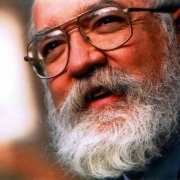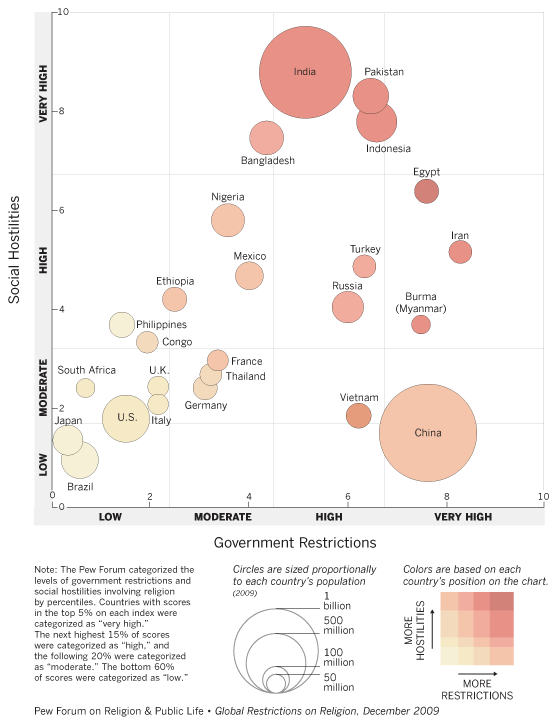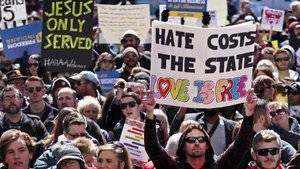Attend the Protest
Contact us for details of the protests next week on Wednesday April 15 and Friday April 17, 2015, and our meetings with local politicians.
Sign the Petition
Please take 60 seconds to sign this important petition opposing discrimination against atheists and skeptics!
Press Release
FOR IMMEDIATE RELEASE
Secular Policy Institute Takes Lead Role at Wells Fargo Protest
Washington, DC
April 8, 2015
 The nation’s largest secular think tank and largest coalition of secular groups takes a lead role next week to protest discrimination by Wells Fargo against those who do not believe in God.
The nation’s largest secular think tank and largest coalition of secular groups takes a lead role next week to protest discrimination by Wells Fargo against those who do not believe in God.
The bank, which is the 4th largest in America, lost a discrimination battle in 2012, paying $175 million to settle a federal case that they had violated the Fair Housing Act by pushing bad loans onto women, African-Americans, and Hispanics. Then in 2014 they were sued by Cook County, Illinois for the same practices in the Chicago area.
Next week the Secular Policy Institute is gathering in Las Vegas with leaders of six other national secular groups to protest Wells Fargo’s discrimination against secular people and nonbelievers, known as atheophobia and secularphobia. The gathering will take place next week in Las Vegas with American Atheists, the American Humanist Association, the Secular Student Alliance, the Secular Coalition for America, the Military Association of Atheists & Freethinkers, and the victim of Wells Fargo’s actions, a “skeptics’ church” with a funny name, a real, legal church named the United Church of Bacon.
John Whiteside founded the church in 2010 with friends of magician Penn Jillette of Penn & Teller, partly to have fun and partly to draw attention to the unfair legal privileges that religions get for having supernatural beliefs. His organization now boasts 4,000 members and dozens of weddings performed. They accept no donations, instead raising money for other groups, such as nearly $100,000 for leukemia research, assisted living for autistic people, and secular groups promoting separation of church and state.
Whiteside became the victim of discrimination last year when he walked into a Wells Fargo branch in Las Vegas with a church document to be notarized. His identification was accepted but he was refused service and stonewalled, even by corporate Wells Fargo when Whiteside asked for an investigation. “A notary’s job is very simple,” said Shelagh Talbot, a Whiteside supporter and notary herself. “All we do is verify a signature. We really don’t care about the content of the document. We aren’t lawyers or government watchdogs. There’s no reason for a notary to refuse someone whose ID has been accepted.”
Whiteside’s requests to Wells Fargo and the Nevada Equal Rights Commission have gone nowhere, so now the Secular Policy Institute and others are helping him protest the bank in person on Wednesday April 15. Together, the seven secular groups will recommend to their five million members and social media followers that they join a nationwide walkout and closing of Wells Fargo accounts. Press is invited to attend.
“Bigotry is ugly,” said Johnny Monsarrat, Alliance Director of the Secular Policy Institute. “We don’t tolerate racism, homophobia, or anti-Semitism, and secular people number too many to be ignored. As many as 20% of Americans have no active role in a religious organization. It’s time that hatred of atheists and secular people becomes no longer acceptable at any level of society.”
About the Organizations
The Secular Policy Institute is the world’s largest secular think tank and world’s largest coalition of secular groups, led by Edwina Rogers, the former two-time White House and four-time Senate staffer. Based in Washington DC, they partner with religious groups and secular organizations to lobby governments and businesses worldwide towards a secular society. They advocate for separation of church and state, more science and reason in government decision-making, and an end to discrimination based on faith or no faith.
American Atheist is the premier organization fighting for the civil liberties of atheists and the total, absolute separation of government and religion. The Military Association of Atheists & Freethinkers educates and trains both military and civilian communities about issues relating to nonbelievers in the US Armed Forces. The Secular Student Alliance empowers secular students to proudly express their identity, build welcoming communities, promote secular values, and set a course for lifelong activism. The Secular Coalition for America lobbies the U.S. Congress on issues of special concern to secular people.
The United Church of Bacon is a real, legal church that was founded in 2010 to protest the privileges that religious organizations get in the law.
See http://secularpolicyinstitute.net and http://unitedchurchofbacon.com/.
Supporters are asked to attend in person or sign the United Church of Bacon petition.
Media Contact
Johnny Monsarrat
johnny@secularpolicyinstitute.net
617-510-4477
###
END

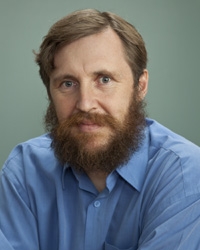
 This week Kansas governor Sam Brownback signed a bill into law that
This week Kansas governor Sam Brownback signed a bill into law that 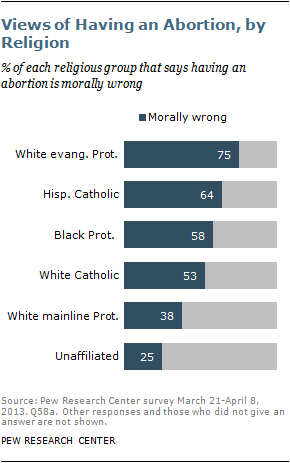
 The nation’s largest secular think tank and largest coalition of secular groups takes a lead role next week to protest discrimination by Wells Fargo against those who do not believe in God.
The nation’s largest secular think tank and largest coalition of secular groups takes a lead role next week to protest discrimination by Wells Fargo against those who do not believe in God. ItÔÇÖs easy to believe passionately in the rightness of our moral position. WhatÔÇÖs often ignored is the importance of being in the right side of history.
ItÔÇÖs easy to believe passionately in the rightness of our moral position. WhatÔÇÖs often ignored is the importance of being in the right side of history. SPI coalition member,
SPI coalition member,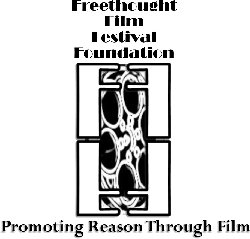

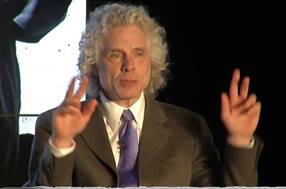 It’s common to lament that we are living in a more violent world than ever, but evolutionary psychologist and SPI Fellow Steven Pinker would beg to differ. Pinker┬árecently spoke at the 2015 Nobel Peace Prize Forum about his 2011 book┬á
It’s common to lament that we are living in a more violent world than ever, but evolutionary psychologist and SPI Fellow Steven Pinker would beg to differ. Pinker┬árecently spoke at the 2015 Nobel Peace Prize Forum about his 2011 book┬á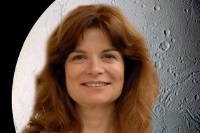 The Associates of the Boston Public Library is hosting its 27th annual Literary Lights dinner on April 12, 2015 at the Boston Park Plaza. This dinner will honor distinguished writers, including novelist and SPI Fellow Rebecca Newberger Goldstein. Goldstein is the author of┬á
The Associates of the Boston Public Library is hosting its 27th annual Literary Lights dinner on April 12, 2015 at the Boston Park Plaza. This dinner will honor distinguished writers, including novelist and SPI Fellow Rebecca Newberger Goldstein. Goldstein is the author of 